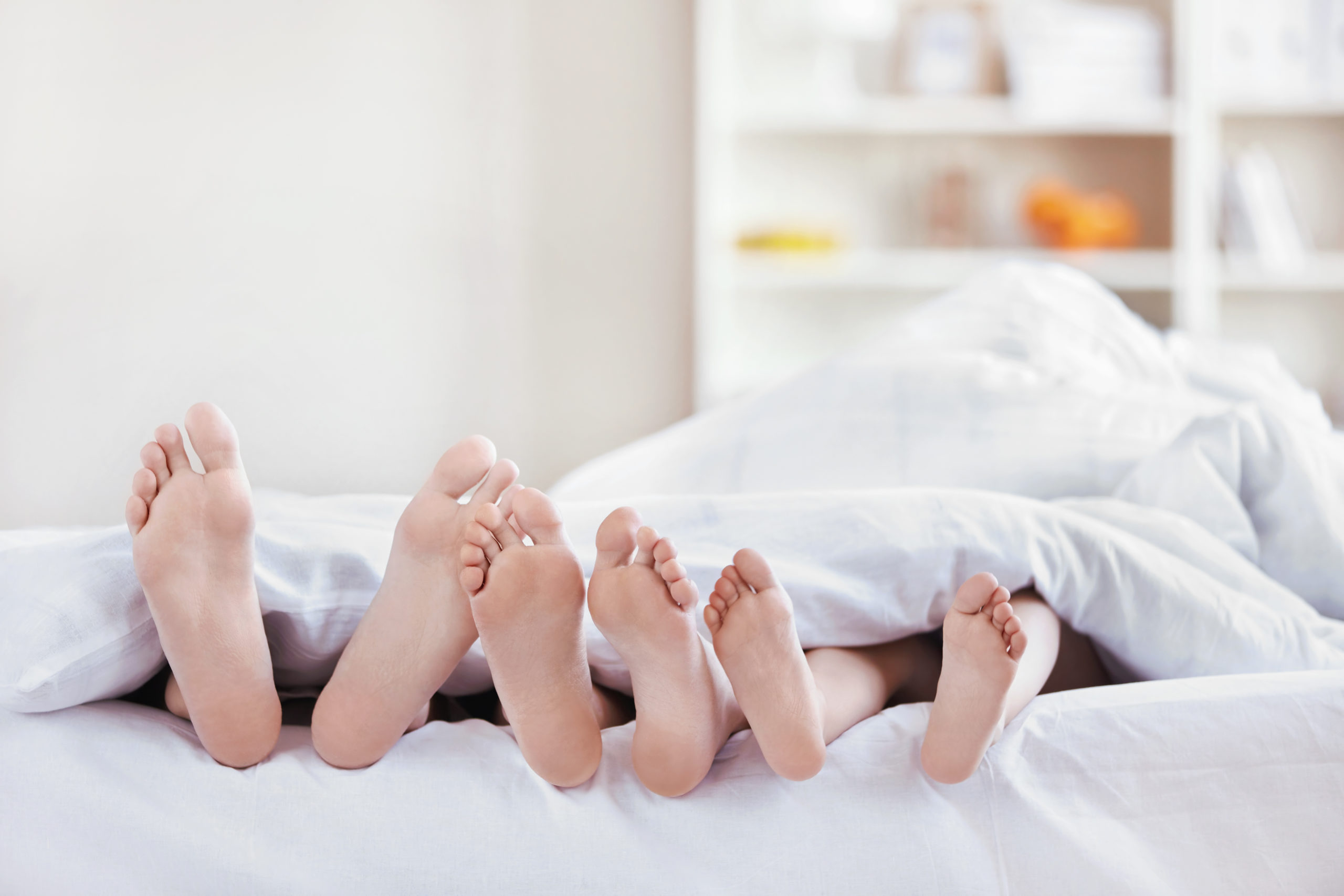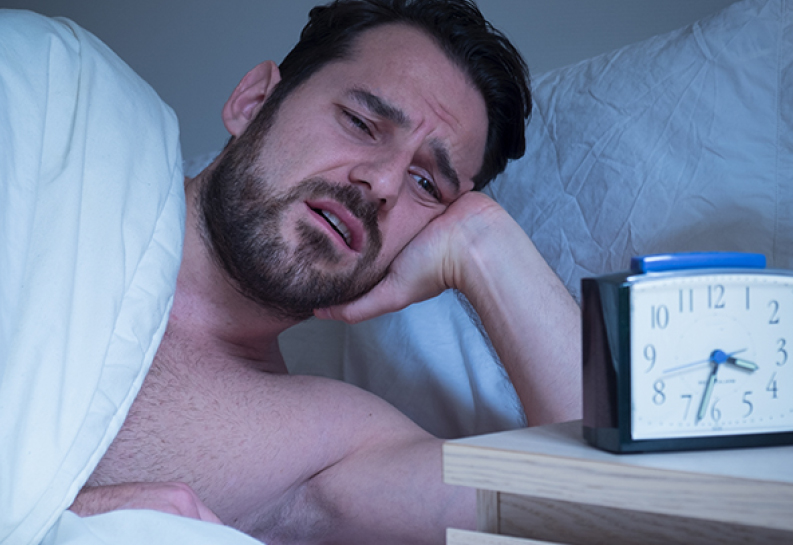
How Much Sleep Is Too Much
Good sleep is essential to a healthy life. In fact, we spend about one-third of our lives sleeping, so if you’re getting to little or

Good sleep is essential to a healthy life. In fact, we spend about one-third of our lives sleeping, so if you’re getting to little or

Research shows that more than two-thirds (70%) of American adults obtain insufficient sleep at least once a month. More than 10% of adults say that they experience

Sleep is one of the most important aspects of staying healthy. The brain uses sleep as a way to recharge and refresh itself each night.

Healthy sleep is essential to a strong immune system. Studies show that individuals who aren’t getting quality sleep (or enough sleep) are more likely to get sick after exposure to a virus than those who are. In this article, we’ll share some different tips and tricks for what you can do to help improve your sleep health.

Healthy sleep is essential to a strong immune system. Studies show that individuals who aren’t getting quality sleep (or enough sleep) are more likely to get sick after exposure to a virus than those who are. In this article, we’ll share some different tips and tricks for what you can do to help improve your sleep health.


